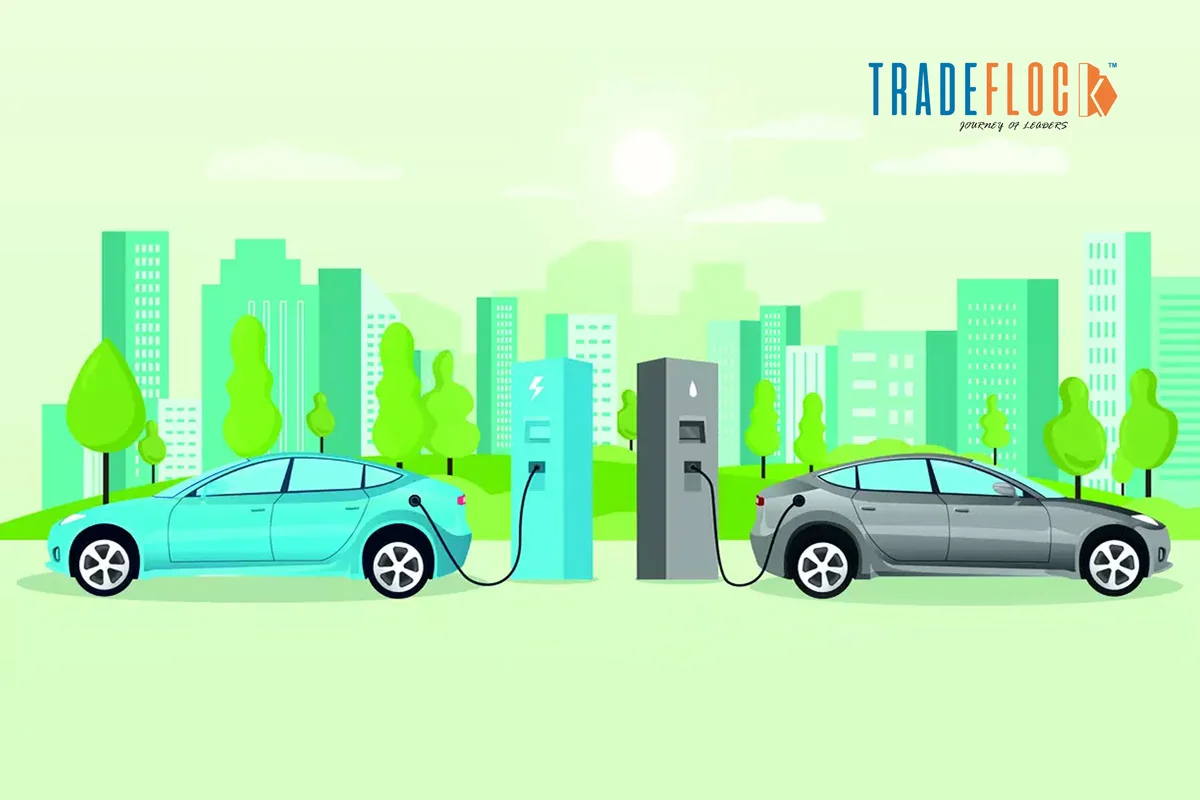The EPA ((Environment Protection Policy) issued a final vehicle emission rule on 20 March 2024, with the goal of accelerating the switch to EVs (Electric vehicles). It was first proposed in April 2023, and it will be implemented in 2027, that will enable manufacturers to create a mix of gas, electric, fuel cell, hybrid, and plug-in hybrid vehicles.
The EPA’s new strategy focuses on reducing tailpipe emissions by 49% in the models of 2027 to 2032 and making up at least 35% of new vehicle sales by 2032. It targets to raise The share of EV sales in 2032 between 35% and 56%. According to the EPA, it will help avoid 7 billion tons of carbon emissions and benefit society with a $100 billion net profit. This guide will share the major points of what these new guidelines mean for automakers, investors, and the environment.
Relief For Detroit
The EPA rule goes easy on Detriot Three’s heavy-duty pickup truck franchises: Ford, General Motors, and Chrystal. Their Super Duty pickups must reduce their 46% CO2 (Carbone Dioxide) emission by 2032. However, they can emit over three times more CO2 than light vehicles like the Ford F-150 or Chevrolet Silverado 1500. According to new rules of the EPA, EV’s mileage rating will be reduced. It will help Detroit Three avoid fines for not meeting fuel efficiency standards and save billions of dollars.
Some Green Groups Unhappy
According to Chelsea Hodgkins, the senior policy advocate at the left-leaning consumer rights group Public Citizen, the new rules aren’t sufficient to save public health and the planet. He says the EPA gives automakers a pass to carry on producing polluting vehicles. The vice president of investor relations for Tesla, Martin Viecha, agrees with Chelsea Hodgkins. He says people use plug-in hybrid vehicles as gasoline; hence, CO2 emissions get far worse.
Political Implications
According to experts and Wall Street analysts, introducing new rules for automakers is a tactic to empower Joe Biden’s re-election campaign. It’s just an appeal to automakers as they have witnessed the efforts of the Biden administration to electrify the auto industry. The Loop Capital analyst Chris Kapsch says new rules will threaten workers’ jobs in conventional auto manufacturing plants.





